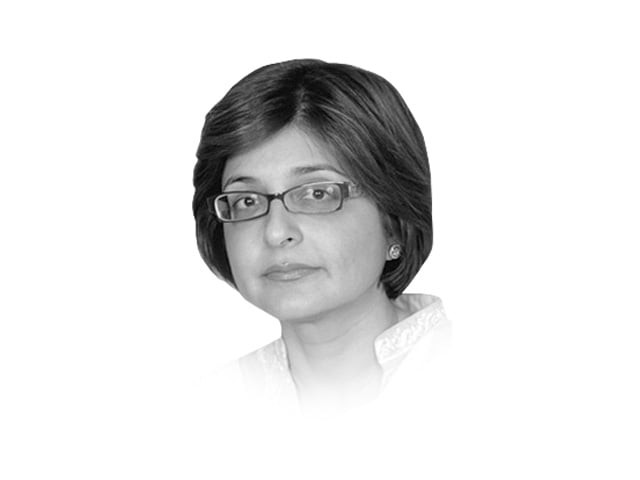Pakistan’s education emergency
Education must be made a national priority no less important than national defence.

Pakistan’s education emergency
The Pakistan Education Task Force’s report, Education Emergency Pakistan 2011, highlights the crisis. This year has been declared education year in the country. But national awareness about the depth of the crisis remains low. Our discourse is focused more on issues of power politics and real, or perceived, flaws of those in public life, than on the disaster that is looming on account of our poverty in education. Those who raise their voice over even the slightest imagined threat to national honour, fail to recognise that having the second largest number of children out of school in the world (next to Afghanistan), probably brings greater dishonour to the country than any other issue.
So let us recall the basic facts: One of every 10 children not in school in the world lives in Pakistan. The country is far from meeting the Millennium Development Goal (MDG) of providing universal education by 2015. Only 23 per cent of our children under the age of 16 attend secondary school and almost one-third of Pakistanis live in extreme educational poverty — having received less than two years of education. It is also distressing that 50 per cent of school children (aged 6-16 years) in Pakistan can neither read nor write. Appointing low qualified teachers at the primary level is among the main reasons for falling standards of education that renders this age group illiterate.
In a recent briefing, President Zardari was informed that out of 11 million school age children in Sindh, only 6.4 million are enrolled — leaving over 4.5 million children out of schools. Twenty per cent of schools have no building at all, 45 per cent encompass only one or two rooms and over 60 per cent schools have just one or two teachers. Sixty per cent of schools in the province of Sindh have no access to safe drinking water.
The 18th Amendment to the Constitution of Pakistan, which received presidential assent on April 19, 2010, states, “The state shall provide free and compulsory education to all children of the age of five to 16 years in such a manner as may be determined by law.” Along with the rest of the world, Pakistan is also pledged to meeting the MDG for education, promising that, by 2015, “children everywhere, boys and girls alike, will be able to complete a full course of primary schooling and that girls and boys will have equal access to all levels of education.” But neither our constitutional obligation nor the MDG objective is within sight of fulfilment.
A swift decrease in dropout rate and boost in enrolment rate is possible through provision of a monthly stipend for students from poor families, along with free books and uniforms. But this would require allocating more money for education in the federal and provincial budgets, possible only if education is accorded the priority it deserves. Once education receives the necessary investment, forcing children to drop out from school could be declared a criminal act and legal action should be taken against those parents who urge their child to work at the expense of attending school.
Education must be made a national priority no less important than national defence. Unfortunately, while most Pakistanis can proudly recount measures taken to protect national security, few know the state of education in Pakistan.
Published in The Express Tribune, April 19th, 2011.












1724319076-0/Untitled-design-(5)1724319076-0-208x130.webp)


COMMENTS
Comments are moderated and generally will be posted if they are on-topic and not abusive.
For more information, please see our Comments FAQ